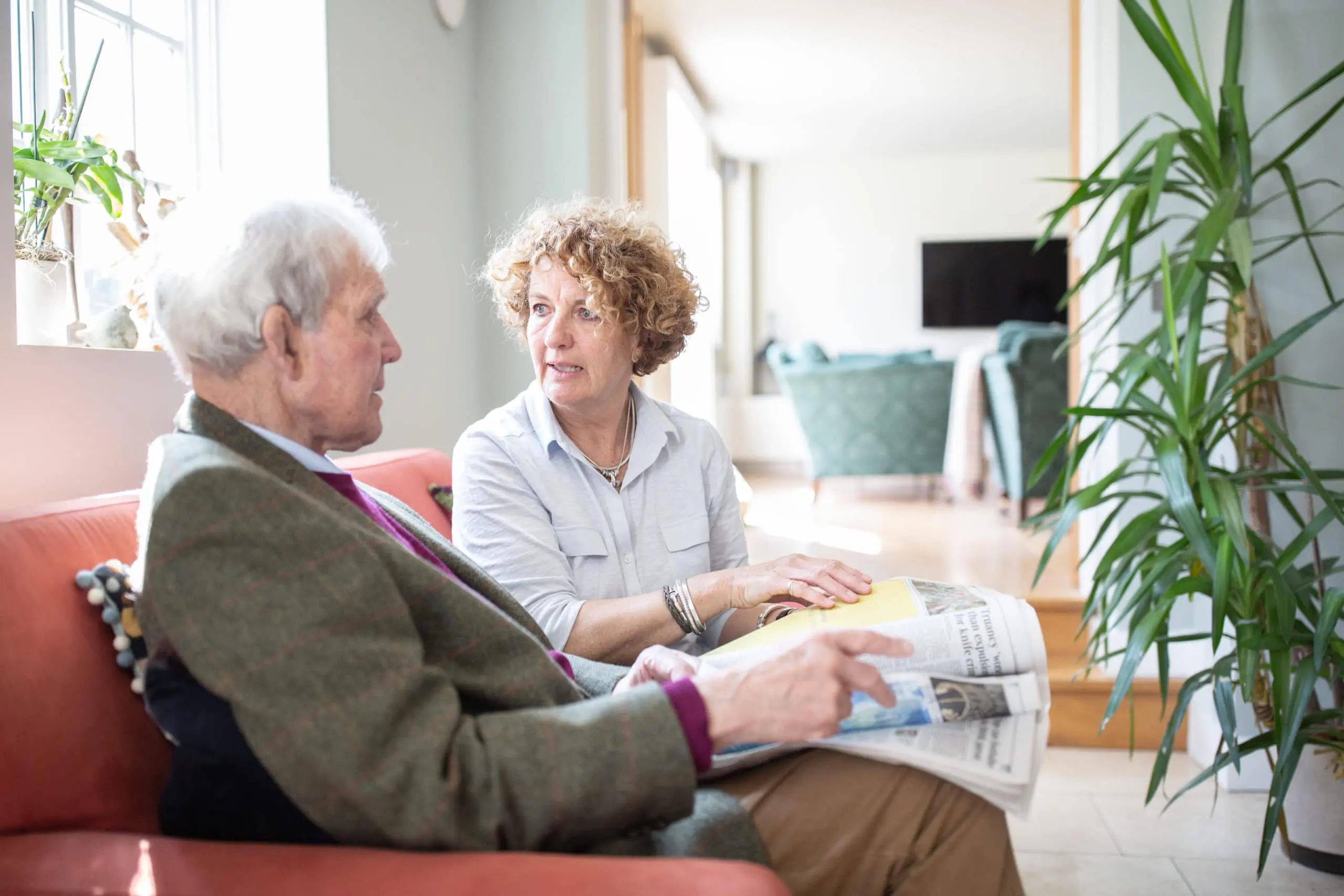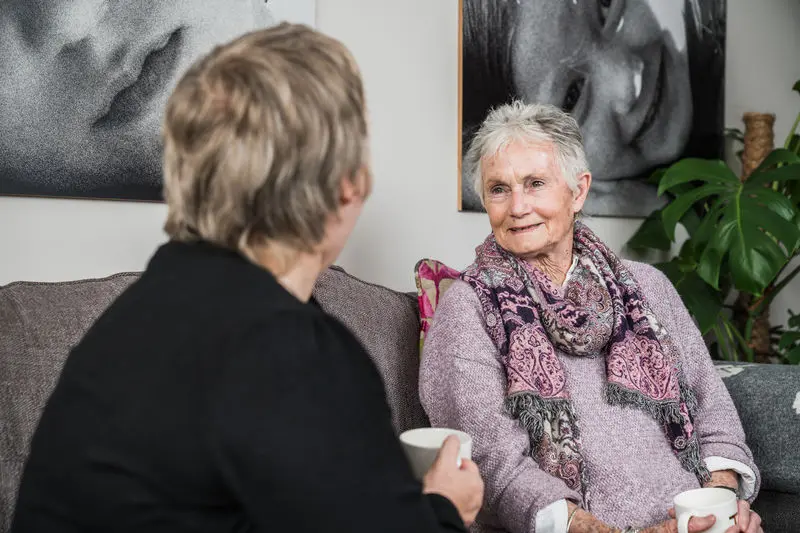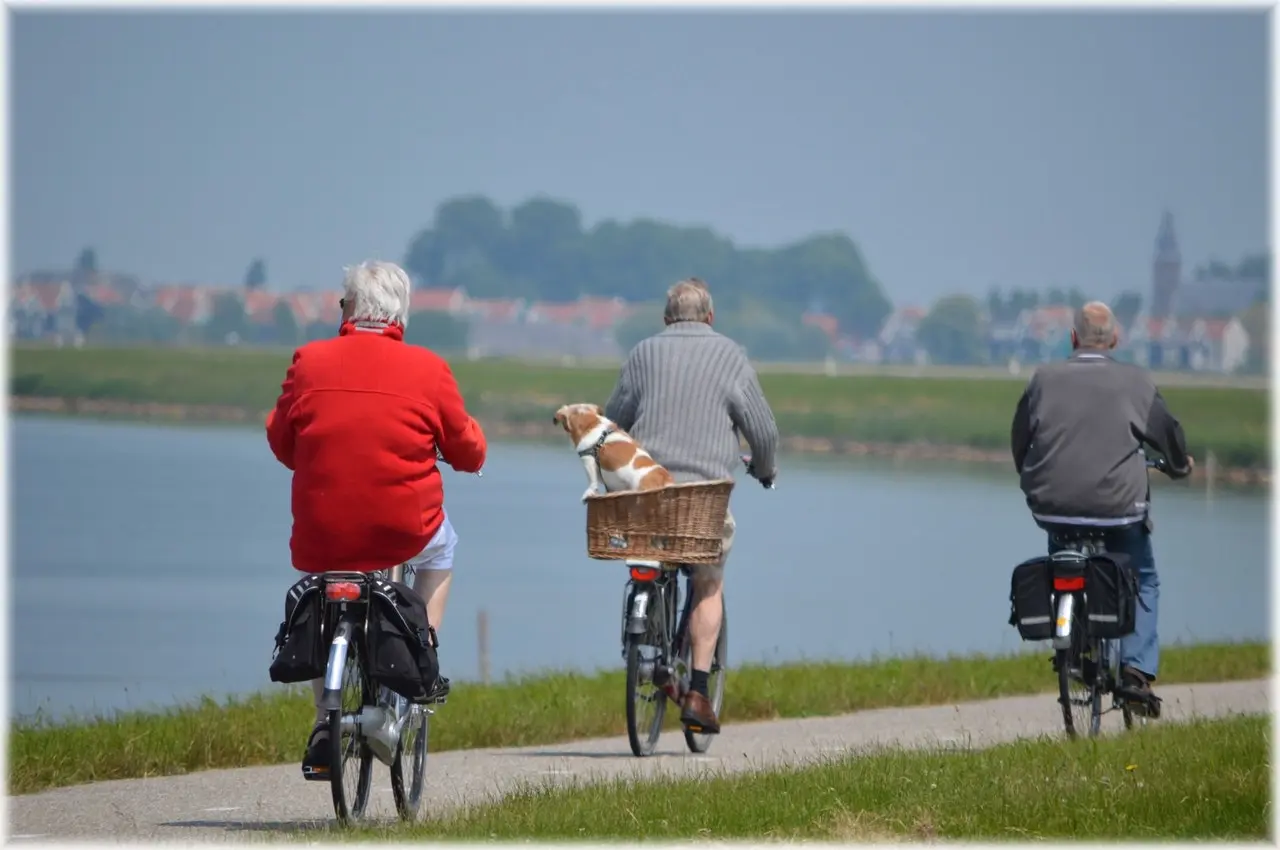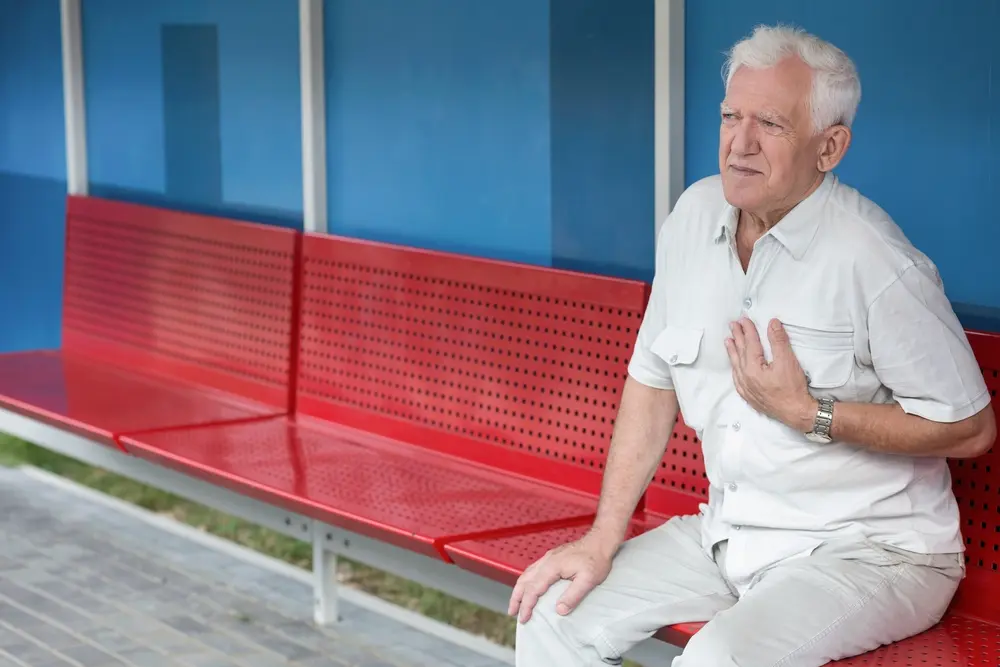As we get older, our bodies go through several changes that can make us more susceptible to the cold. The elderly, in particular, are more likely to feel the effects of low temperatures, especially when they are in bed at night.
At The Good Care Group, we understand how important it is to keep our elderly loved ones warm and comfortable, especially during the colder months. If an older adult gets cold at night, it can weaken their immune system and disrupt their sleep, making them more vulnerable to illnesses.
Here we will explore why the elderly get cold easily and the impact that cold temperatures can have on their health. So, if you are a caregiver, family member, or friend of an elderly person, keep reading to learn how you can help them stay warm and safe while in bed.
Why do the elderly get cold at night?
As we age, our bodies undergo a natural decline in several physiological functions that can make us more vulnerable to the cold. One of the main reasons why the elderly get cold at night is a decrease in their metabolic rate, which is the rate at which their body burns calories to produce heat.
As a result, their body may not generate enough heat to keep them warm, especially during the colder months. The elderly may also have reduced blood circulation, which can cause their extremities, such as their feet and hands, to feel cold.
Other factors that can contribute to the elderly feeling cold at night include changes in their body fat distribution, reduced muscle mass and thinning of their skin. They may also experience hormonal changes, such as a decline in oestrogen levels in women, which can affect their ability to regulate body temperature.
Certain medical conditions that are more common in the elderly, such as hypothyroidism, anaemia, atherosclerosis, diabetes, and cardiovascular disease, can all affect the body’s ability to maintain a stable body temperature. Medications that they may be taking can also have side effects that contribute to feeling cold.
Tips for keeping the elderly warm in bed
Several measures can be taken to help ensure that older people stay warm and comfortable while in bed:
Raise the ambient temperature
Keeping the ambient temperature in the elderly person’s home at a comfortable level is essential to ensure they stay warm. Set the thermostat to a temperature that is comfortable for them, usually between 18-21°C (64-70°F). It is also recommended to keep the temperature consistent throughout the day and night, especially in their bedroom.
Ensuring their home is well insulated and draft proof
Insulating the elderly person’s home will help to retain heat. Draft-proofing doors and windows is a good place to start as it can help prevent heat loss. This can be achieved by installing draft excluders, using sealant around windows and doors and ensuring that the home’s insulation is up to standard.
Warming the bed
Warming the bed before bedtime is a great way to ensure the elderly person stays warm throughout the night. An electric blanket is a popular choice as it can be set to the desired temperature and provides a source of heat to warm up the bed, although caution must be taken so as not to overheat the individual. Layering blankets is also effective, rather than using one heavy blanket or doona.
Dressing in layers
Encourage the person to dress in layers rather than one heavy layer of clothing, as multiple layers are more effective for keeping warm. Start with basic thermals such as a vest, followed by a long-sleeved shirt and then a jumper.
Heat packs
Providing a heat pack or a back/hand warmer that can be quickly heated in the microwave is an excellent way to keep the elderly person warm in bed. These heat packs can be placed in their bed or on their lap to keep them warm.
Eating well before bed
Consuming warm and hearty foods such as soups or pasta before bed can help keep the elderly person warm. Nutritious foods rich in protein and carbohydrates can also help maintain a healthy immune system, which is crucial during the winter months.
Flu vaccination
It is essential to ensure that the elderly person has received their flu vaccination before winter, as the flu can progress to serious illnesses such as pneumonia.
Closing curtains
Closing curtains before darkness hits can help keep warmth in the elderly person’s home. This can help reduce heat loss through windows and keep the temperature consistent.
Bleeding radiators
Bleeding radiators can help ensure that they are working correctly and efficiently, which can help keep the elderly person’s home warm.
How The Good Care Group can help
Keeping the elderly warm in bed is a crucial aspect of their care, especially during the colder months. By implementing the tips and strategies provided in this article, such as raising the ambient temperature and ensuring the home is well-insulated, you can help your loved ones stay comfortable and safe at night.
At The Good Care Group, we understand the importance of providing high-quality care that is tailored to the unique needs of the people we support. If you need additional support or guidance on caring for your elderly family member, we invite you to contact us for a personalised assessment. Let us help you create a warm and nurturing environment for your loved one to thrive in.



